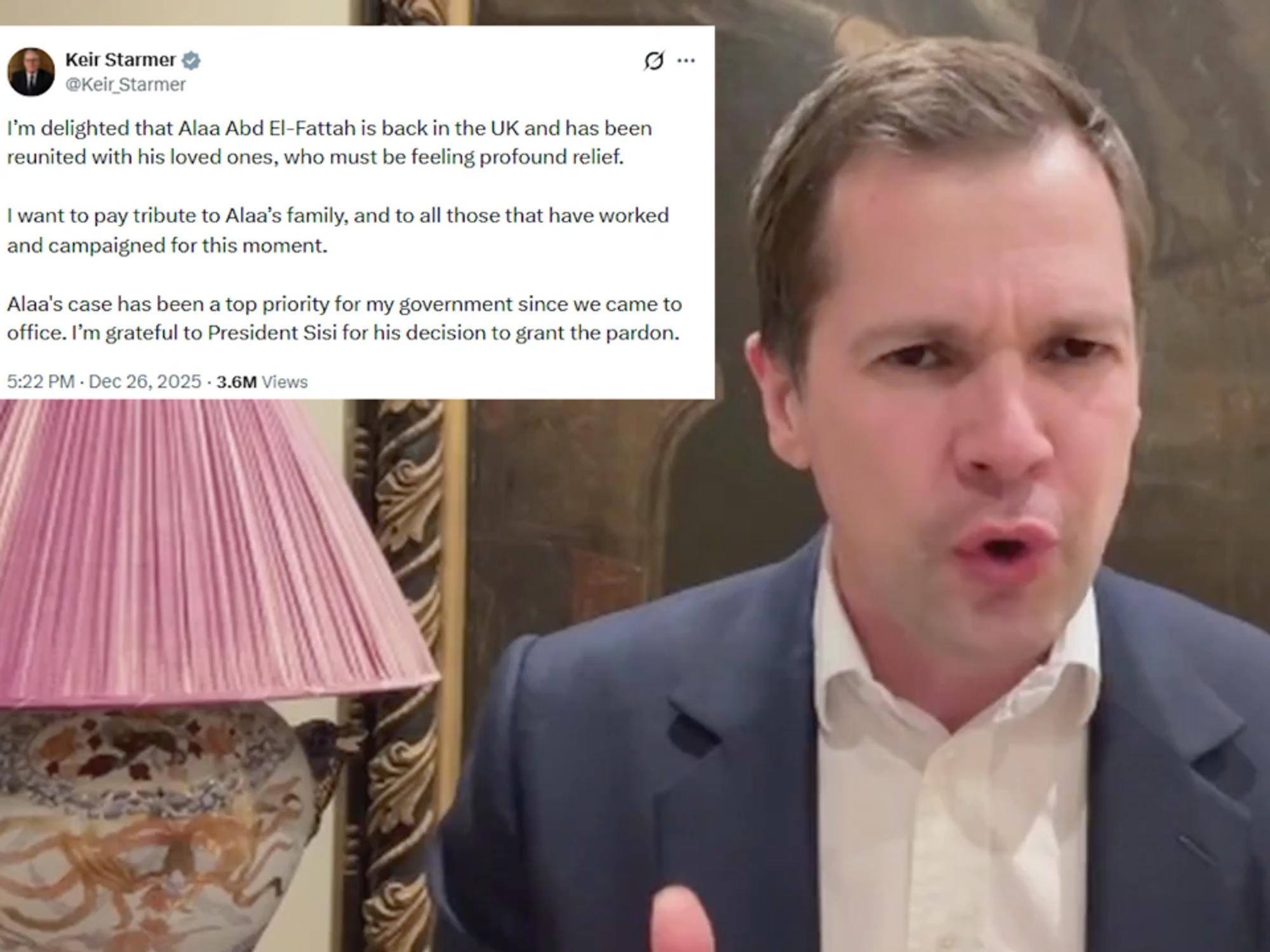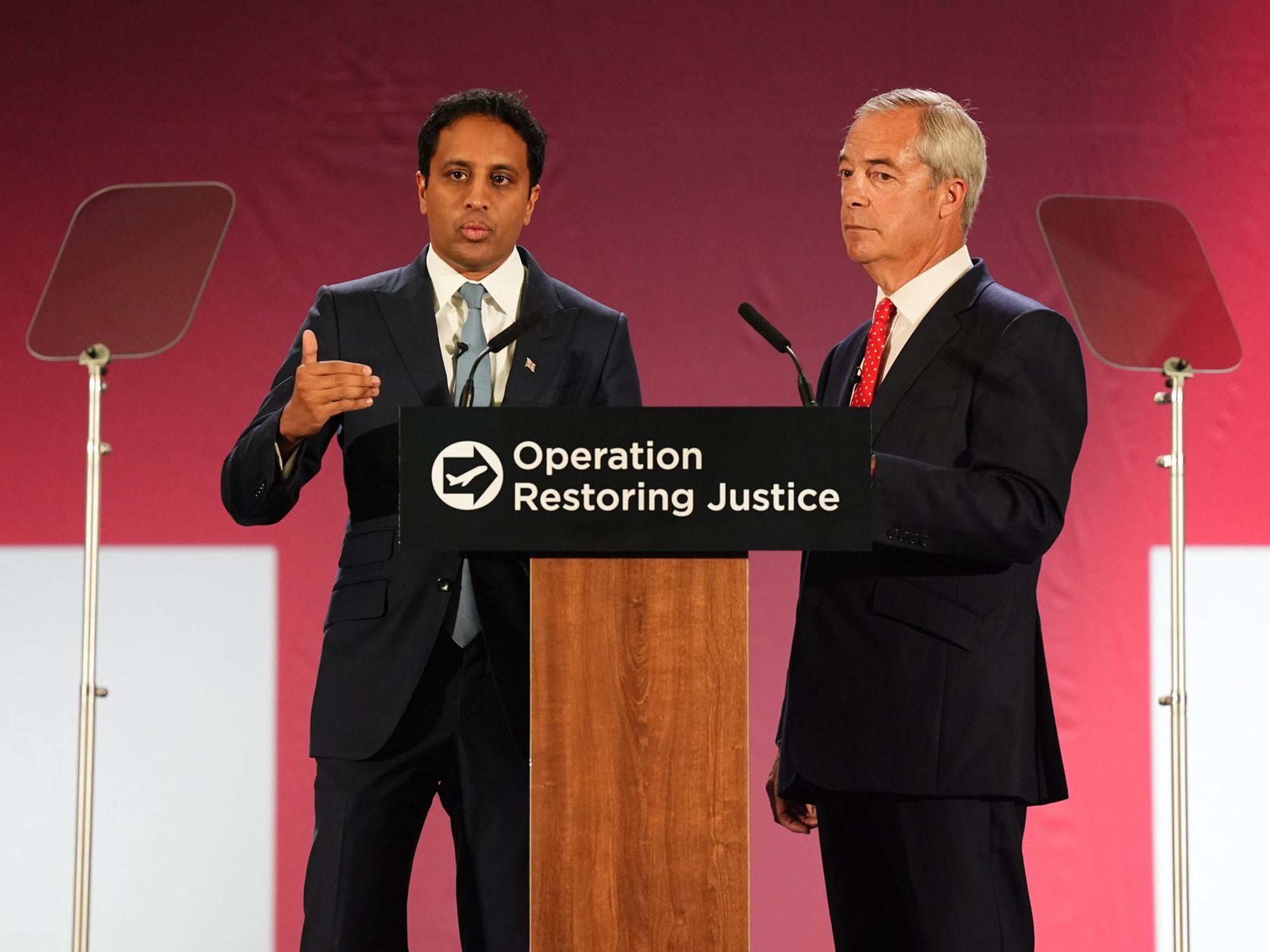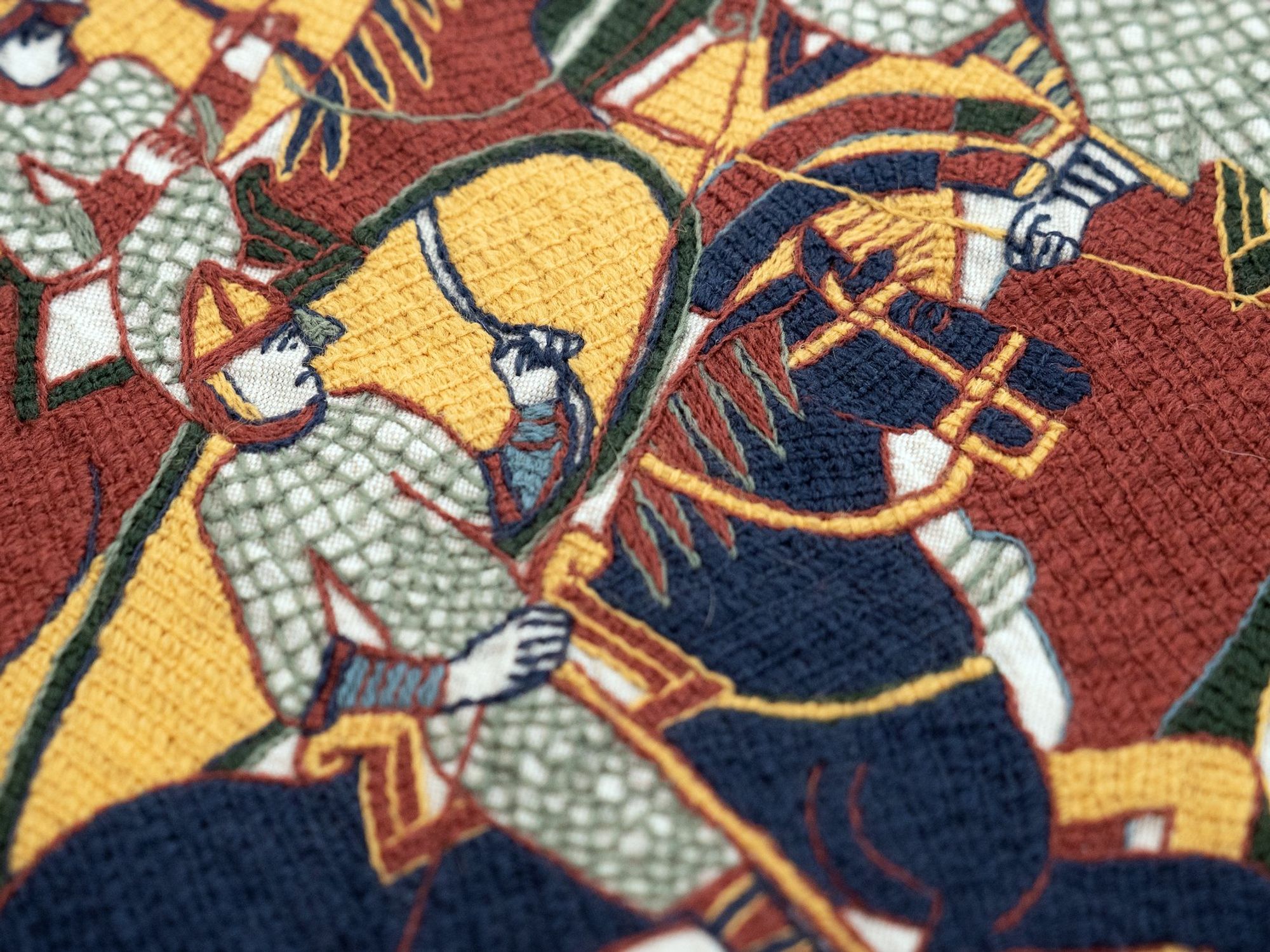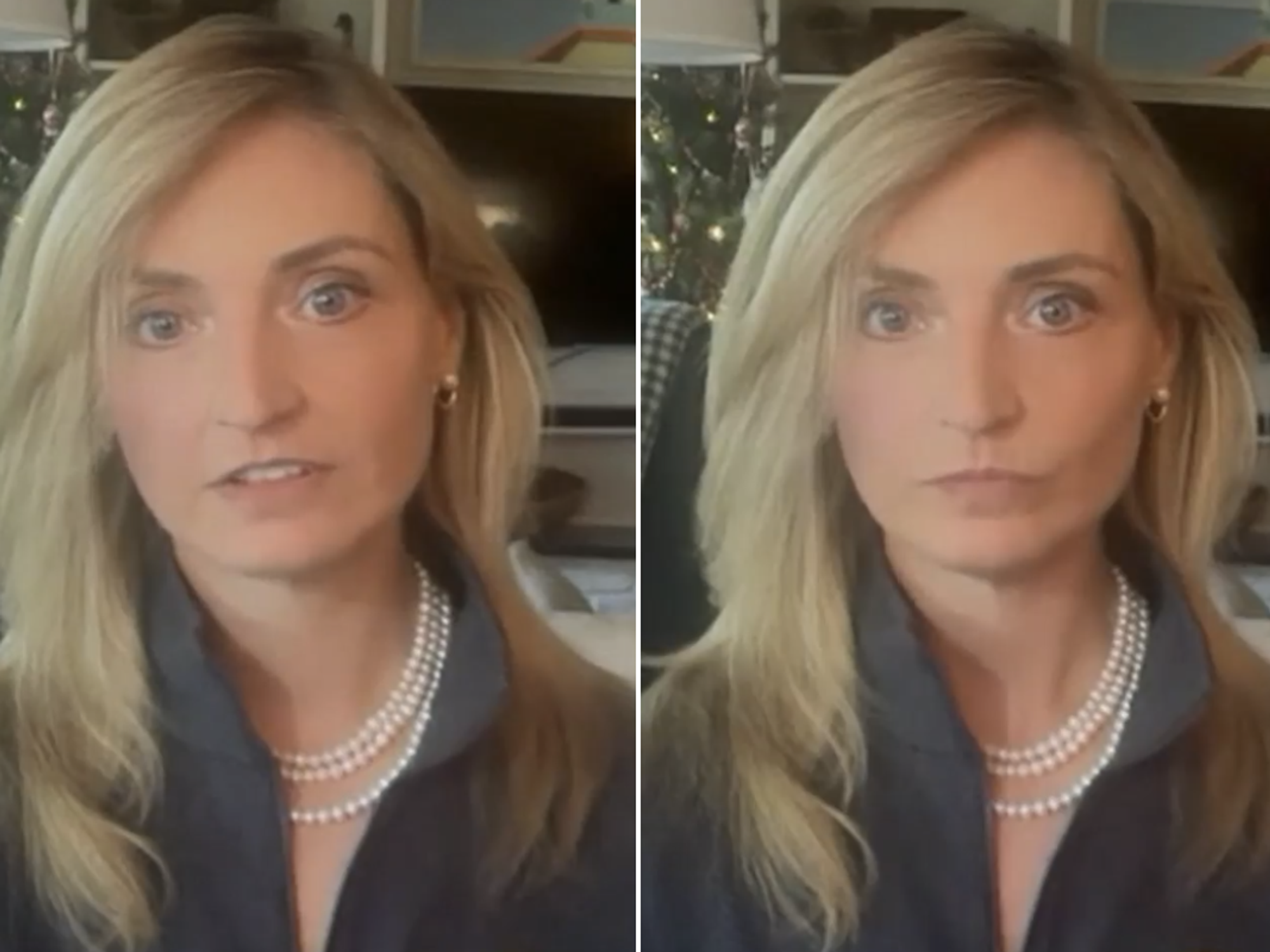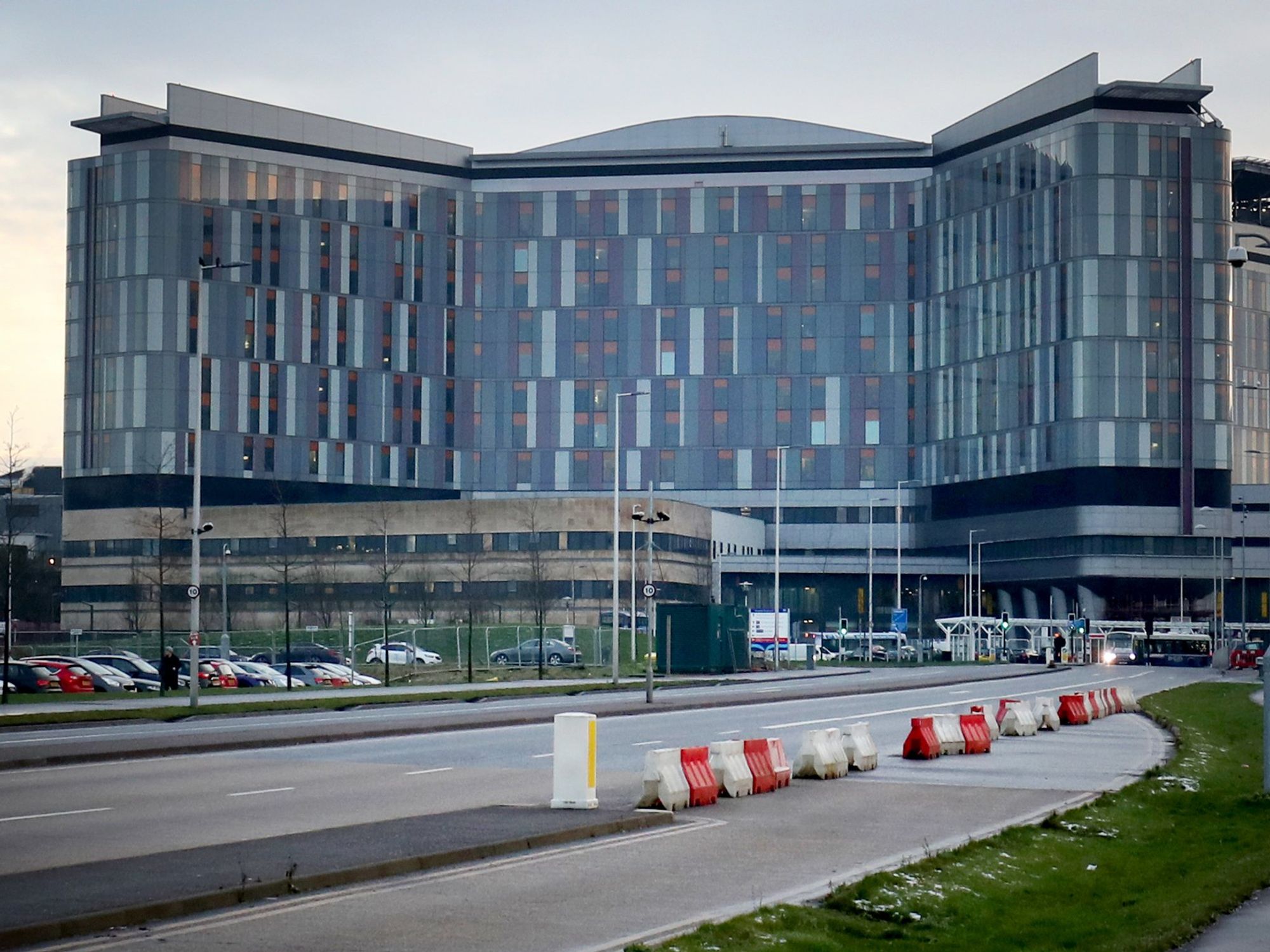'I became a counsellor after nearly losing my daughter - five daily tips transformed my health and happiness'
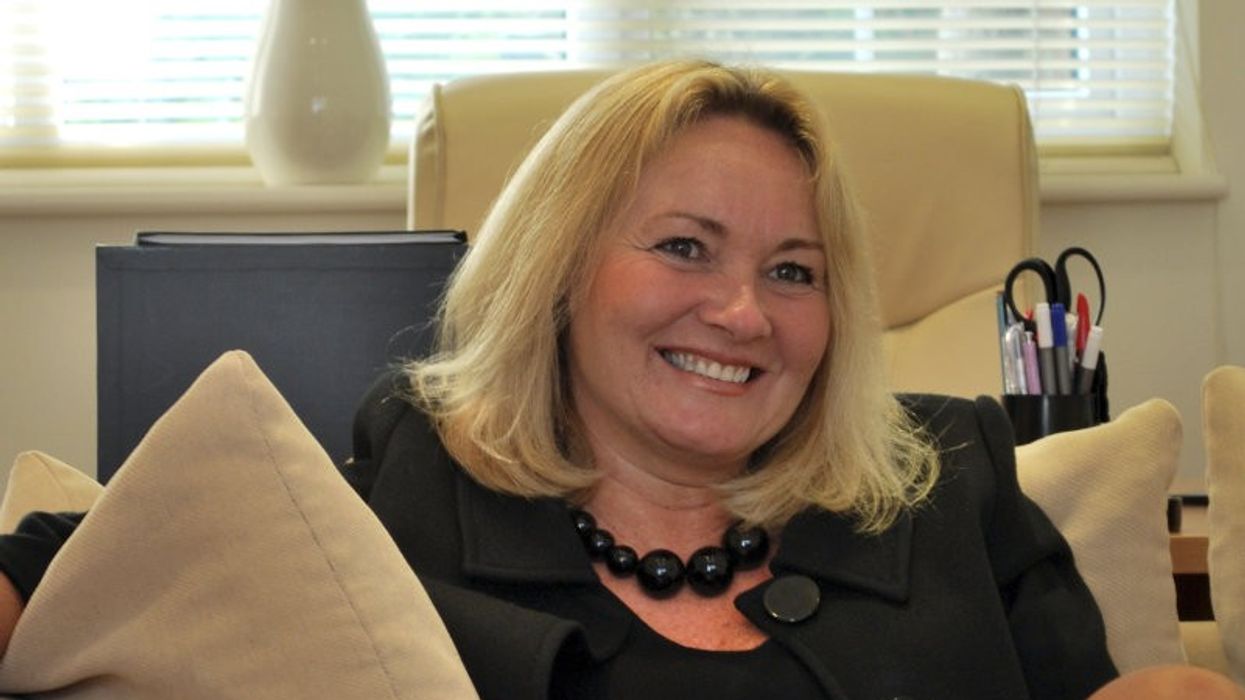
Lynn Crilly became a counsellor after nearly losing her daughter
|Lynn Crilly
My daughter's anorexia diagnosis turned me and my family's life upside down. Out of that darkness came five practical tools that we all swear by for a healthier and happier life - and they do not cost a single penny, writes Lynn Crilly
Don't Miss
Most Read
When I gave birth to my daughters Charlotte and Samantha in 1991, I felt life was complete.
I devoted my time, energy, and love into raising our beautiful girls, and supporting my husband, Kevin, running his Surrey-based scaffolding firm.
But our happy life was turned totally on its head when Samantha, now aged 33, developed an eating disorder in her early teens.
Like any parents, Kevin and I tried to do whatever we could to help Samantha. But despite a stream of consultations with medical professionals, her anorexia took hold, and it left our family life in tatters.
Looking back now it felt like being in a dolls house which had been shaken upside down, leaving its contents scattered.
But instead of being beaten I was determined to turn the desperation and fear I was feeling into action. If others couldn't help Samantha, I decided I’d set about doing it myself.
After years of chasing the system, I decided to work with my daughter myself - and self-trained to become a counsellor. I never dreamed of the lengths I would have to go to help our daughter. Caring for someone with an eating disorder is constant, relentless, challenging and will push all concerned to their limits.
I soon gained an incredible understanding of my daughter’s demons, which also later included obsessive compulsive disorder and anxiety. I learnt that there was no quick fix and real recovery takes time, but is possible and looks different for everyone. Slowly but surely, as a family we were able to bring about change not just for Samantha but all of us together.
And this is really where the story begins. By helping Samantha, a flame ignited inside me and a desire to use my non-judgemental knowledge to help others was born.
Now, for the past 15 years, hundreds of people have been helped by the gentle and understanding approach I adopt to counselling.
By learning through experience and listening to every individual who has come through my doors, I’ve been able to help others find a way through their own mental battles.
I’ve learnt no two sufferers are the same and there is no right or wrong way to treat any illness.
I now work tirelessly to break down the taboos around mental health and strive to try and make sure no family ever feels alone in their struggle.
I’ve published five books including Hope With Eating Disorders 2nd Edition, Hope with Depression, Hope with OCD and Hope with Anxiety, and there may be more in the future.
Samantha and I have also moved in a new direction, making short satirical films about mental ill health, which have been shortlisted for many film awards around the world.
But it’s not been easy.
Through it all, I’ve struggled with my own well-being. I’ve suffered from depression and anxiety and have had to find ways to help myself as well as others. I work daily to try and maintain a positive outlook. I’ve overhauled my own diet to include more fresh and healthy foods and I’m a huge advocate of exercise and movement as a way to regulate mood, find calm in a busy world and to keep fit.
All this is more important than ever now because my girls have grown up and we have another set of twins in our life, Charlotte’s children Reggie and Georgia, our gorgeous grandchildren, who have recently turned two.
If my experiences have taught me anything, it is that life rarely stays the same and it's not perfect but it's vital to embrace every new chapter.
Here’s my five steps towards finding happiness and health - and they won't cost you a penny:
Prioritise sleep
It plays such a vital part in a person’s wellbeing, along with exercise and good nutrition. It all sounds very simple but in today's fast and technologically-driven world it can be challenging making it a consistent part of your daily routine, however, starting this year actually walking the talk, I can actually say that I feel so much better and sleep has improved.
Set tech boundaries
However old you are, you can all find ourselves mindlessly scrolling through social media, losing yourself in other people's life, at the expense of our own time. Set your phone to 20 minutes two or three times a day to spend on social media. By limiting the time spent, it will leave you with more time and headspace to appreciate and enjoy your own life.
Pay It Forward
Making a difference to someone else not only makes them feel good, it can boost your own health and wellbeing too. It does not have to be a big gesture. Opening a door for an elderly person or a mum with a pushchair, smile at people, take the time to pass the day with someone at a bus stop or in a supermarket, some people only have contact with others when they go out and small gestures like these can make someone’s day and yours too - boosting your endorphins in the process.
Fresh Air
Getting out for a walk to the shops or even the post box, sitting outside with a cup of tea, going for a walk, or sitting people watching in a park or by the river can all help to clear the mind. There is something about being outside and with nature it really helps to clear your mind and reset it. Fresh air is free - so embrace it.
Stay connected with family and friends
People who engage in meaningful activities with others experience better moods, have a sense of purpose and tend to live longer. Loneliness and isolation are not good for your health. They can put you at risk for health issues, such as high blood pressure, heart disease, stroke, obesity, depression and anxiety.
Lynn Crilly is an author, counsellor and expert on mental health





